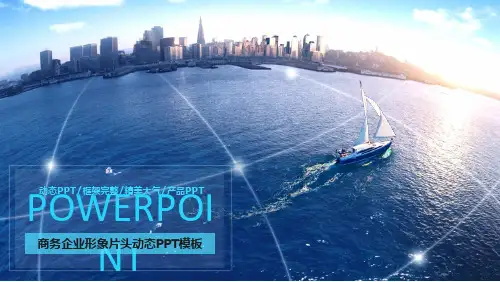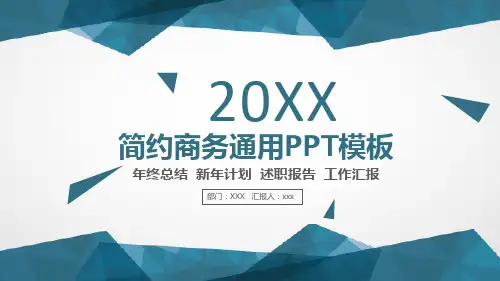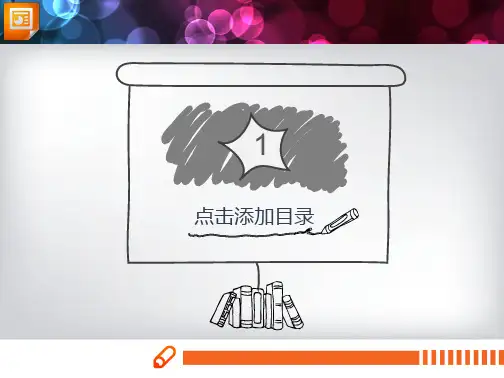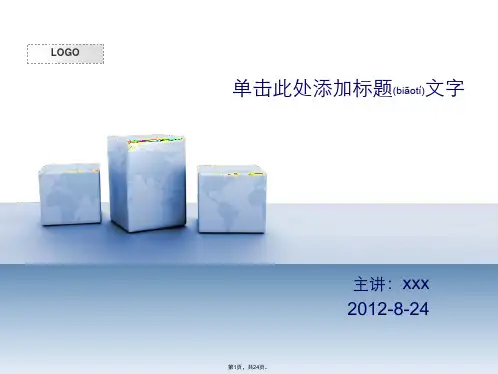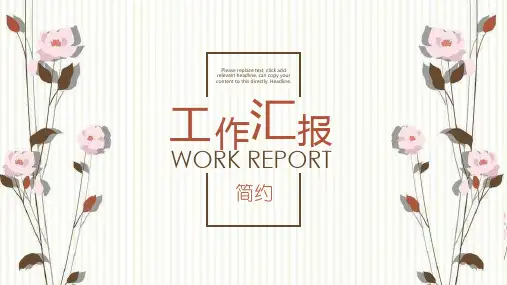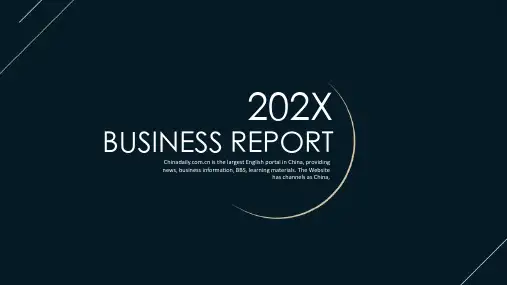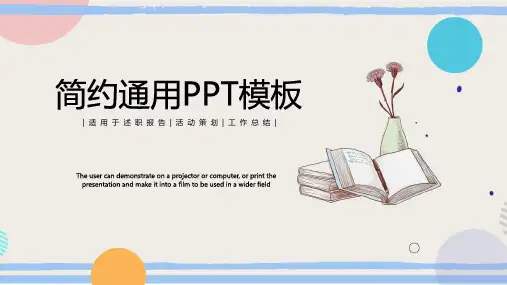- 1、下载文档前请自行甄别文档内容的完整性,平台不提供额外的编辑、内容补充、找答案等附加服务。
- 2、"仅部分预览"的文档,不可在线预览部分如存在完整性等问题,可反馈申请退款(可完整预览的文档不适用该条件!)。
- 3、如文档侵犯您的权益,请联系客服反馈,我们会尽快为您处理(人工客服工作时间:9:00-18:30)。
Progress on implementation Progress in meeting development objectives Problem projects identified
Portfolio at risk reports – separate methodology – updated monthly Other quality control activities include quality at entry reviews; quality of supervision
Ministry of Foreign Affairs
Director General Aid agency
Evaluation Unit
Operational unit
Operational unit
Operational unit
Independent evaluation
Why independence matters:
Evaluation: the topics
Self evaluation Independent evaluation: why it matters Tools: projects; sectors; countries; etc. Coverage: how many evaluations Resources/budget Main challenge for evaluation Disclosure Other Evaluation Issues
Who uses (or should use) evaluations:
M & E in context
World Bank commits / disburses $20-23 billion/year; Approves ~ 280 loans and credits/year; active loan portfolio : ~ 1,400 in > 120 countries Bank also provides grants and other non-lending services (diagnostic work) Bank has total administrative budget of $2 billion Most other MDBs commit $1 – 6 billion/year Bilateral ODA : $200 million (Greece, Luxembourg, New Zealand, Portugal) - $25 billion/year (USA) Bilateral agencies have administrative budgets of $11 million (Luxembourg) to > $700 million (Japan)
Why monitor?
• • • •
To improve implementation of on-going projects; must provide practical information To assess whether development objectives likely to be met To identify systematic issues and risks across projects, by country, by sector, and overall To provide input for ex post evaluation
2011年11月 2011年11月
Monitoring and Evaluating ODA
This presentation will cover Why monitor? Why evaluate? Monitoring in the World Bank, other multi-lateral development banks, bilateral donors Evaluation in the World Bank, other multi-laterals, bilateral donors
Why evaluate and who cares?
• •
Why? Two reasons:
• • • • • •
To learn from experience To provide accountability Boards of Directors (MDBs) and Ministers and Directors General for oversight; ODA managers for policies and strategies; ODA staff for program and project designs, ways of doing business; Client countries, external partners, and the public for policies, aligning programs, research
• • •
Monitoring in the World Bank
Every on-going lending operation is monitored by visits from Bank staff about twice a year; Implementation status and results (ISR) report issued twice each year:
What is Evaluation?
• Definition of (ex post) evaluation:
assessment of a completed project, program, or policy, its design, implementation, and results.
President Paul Wolfowitz
Internal Auditing
Institutional Integrity
SVP & Chief Econ
SVP & Gen Counsel
MD Operations
MD Operations
CFO
Independent evaluation
In bilateral donors, independent evaluation has evolved to look like this:
Allows for objective, unbiased evaluations Evaluation findings are not tailored to management’s wishes Independence lends credibility to findings
Independence difficult to achieve and maintain
What is monitoring?
• Definition of monitoring: a continuous
process that uses systematic collection of data about progress in an on-going development project, for use by managers and other stake-holders
Independent evaluation
What is independence? The extent to which the evaluation unit:
• Reports directly to a Board or other
governing unit; • Has staff, budget, and functions independent from management; not involved with management of ODA • Behaves independently by issuing objective, impartial, and balanced reports
CASCR Review
Country Assistance Evaluation
CAS Completion Report (CASCR) Reviews Country assistance evaluations (CAEs)
Sector, thematic, global evaluations Process evaluations Corporate evaluations (ARDE, AROE)
Evaluation Tools: interactions
Synergies among different evaluation tools can provide valuable input
Evaluation tools in the World Bank Global (Global programs) Corporate (ARDE)
Independent evaluation
In the World Bank, independent evaluation, since 1973, has looked like this:
Board of Directors
Inspection Panel Independent Evaluation Group
Self-evaluation in other donors
Multi-lateral institutions: almost all MDBs have requirement for self-evaluation, although in some MDBs (Asian DB, EBRD, EIB), the evaluation department is involved Bilateral donors: some require for projects over given value, others don’t; SDC (Swiss): external evaluators do self-evaluation; GTZ (German) has innovative eVAL (electronic) system.


